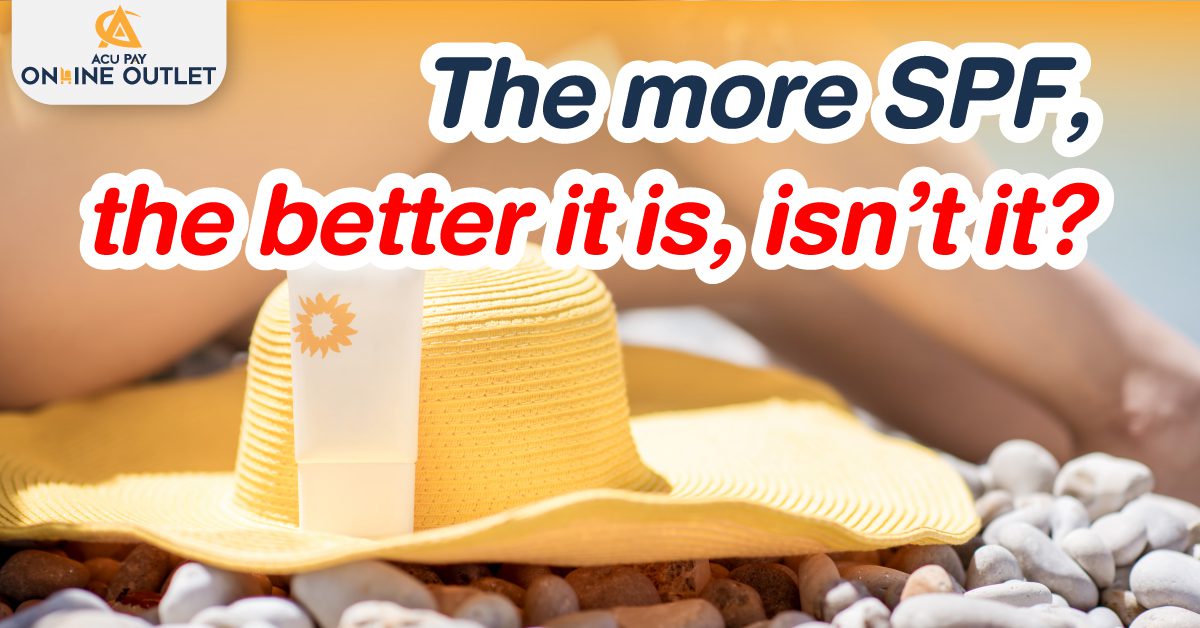

SPF (Sunburn Protection Factor) is a UVB radiation protection (UVB) level value specifying a numerical capability value. The number that follows the SPF represents the duration of UVB protection. Normally, the higher the number is, the longer we stay in the sun before sunburn occurs. Another value that usually comes with SPF is the PA (Protection grade of UVA). It serves as a protection against radiation in part where SPF does not completely protect because SPF only protects against UVB radiation but PA is the protection against UVA radiation. The + sign that follows also means the higher the UVA radiation protection efficiency, the more +, the more efficiency.
It’s true that high SPF sunscreens will protect our skin from sunlight longer, but choosing a sunscreen should not only look at SPF values, other factors should be considered as being appropriate for our use. For example,
Although sunscreen protects our skin from the sun, it also has disadvantages. If you apply sunscreen too often, it can cause side effects. For example,
The SPF value is just one factor used in the selection of sunscreen, but it does not necessarily mean that we have to choose sunscreen with the highest SPF value on the market. It should be chosen in accordance with daily life. In addition, sunscreen does not completely protect the skin from UV rays. Other methods should be used to protect the skin such as an umbrella or a hat will help protect the skin more effectively.